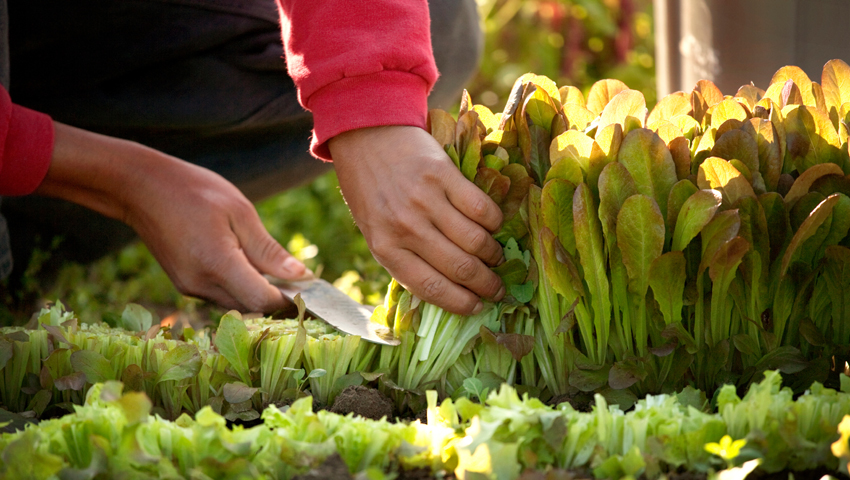WHEN Henry Dimbleby’s National Food Strategy was published last year, the UK government promised to deliver a ‘world-leading horticulture strategy for England’. Now, the farming minister, Mark Spencer MP, has announced that the government will be reneging on this promise.
This decision has been met with dismay. Vicki Hird, head of farming at Sustain, has said that she is “angry for the lost opportunities but also on behalf of the great growers I meet who do so much to deliver healthy products and address environmental and other issues.” They are, she says “under such huge stress – from labour shortages, energy prices and punishing contracts with the supermarkets. Why a horticulture strategy is not a top governmental priority baffles me given the shelves empty of veg earlier this year and the very high probability that this will reoccur, and with greater frequency, as climate instability starts to play havoc with our supplies here and overseas.”
In a blog on the Sustain website Vicki Hird outlines the benefits of a joined-up strategy:
Enterprise and economy – Horticulture is worth over £5 billion, far more per hectare than other farm sectors and employes over 50,000. UK horticulture and potatoes account for less than 2% of farmed land but delivers nearly 20% of the farmgate value according to the NFU. Yet we import so much we could produce here. That enterprise and wealth could be circulating locally.
Jobs – Horticulture has high labour demands so a growth in production and supply could boost local job opportunities provided these come with good working conditions and wages, and family-friendly work hours – not often possible in the ‘just in time’, low price system currently dominating retail.
Public health – Fruit and vegetables are high in fibre, vitamins and minerals – vital micronutrients we all need – making them a key part of a healthy diet. The UK produces 35% of the total supply of fruit and vegetables. To meet dietary recommendations, promote health, and prevent disease, we need to increase massively the amount of fruit and vegetables we eat (by 86%). The UKs many studies show the UK’s supply of fruit and vegetables and the quantity being eaten is far below the requirements needed to be healthy.
Environment – horticulture has a tiny land take so its impact on nature is overall small, but it does use a large volume of water, energy and chemicals so could have a positive impact with reducing these and focusing on highly productive agroecological systems. Defra has funded trials on how to support this transition – they need to be implemented. More fruit hedges can also create great wildlife habitats and help retain soils. And we NEED MORE TREES – sustainable orchards and agroforestry can deliver many more trees as well as fruit, nuts and fodder and carbon sequestered and stored, soil saved and more.
Urban renewal – Sustain coordinate the Fringe Farming campaign – all about growing peri-urban market gardens enterprises. There’s much appetite in communities and even local authorities for this given the proximity to markets needing fresh produce and the opportunity to build skills and enterprise and create new jobs. They also deliver natural capital benefits such as water storage, nature refuges and city cooling. It could have been a core part of the new strategy.
Vicki Hird says that “I’ve been a member of the Fruit and Vegetable Alliance for several years now. We’ve all worked hard to show how we could do more as industry, as civil society and as government. All need to play a role but with such poor returns from the marketplace, as our Unpicking Food Prices report indicated less than 1% profit and British Apples and Pears recent research showed just how little producers make. And despite costs rising they are not getting a fair response from their buyers. Government action on fair dealing is needed urgently.
“We need to have a clear, urgent strategy – joined up between relevant government departments. The paper developed by the broad Fruit and Veg Alliance has a great wealth of ideas and suggestions, urgent and longer term. Labour, energy, fair dealing, environment support, sustainable productivity and healthy consumption policies and more are needed. We will continue to press for its recommendations to be adopted in full.”
